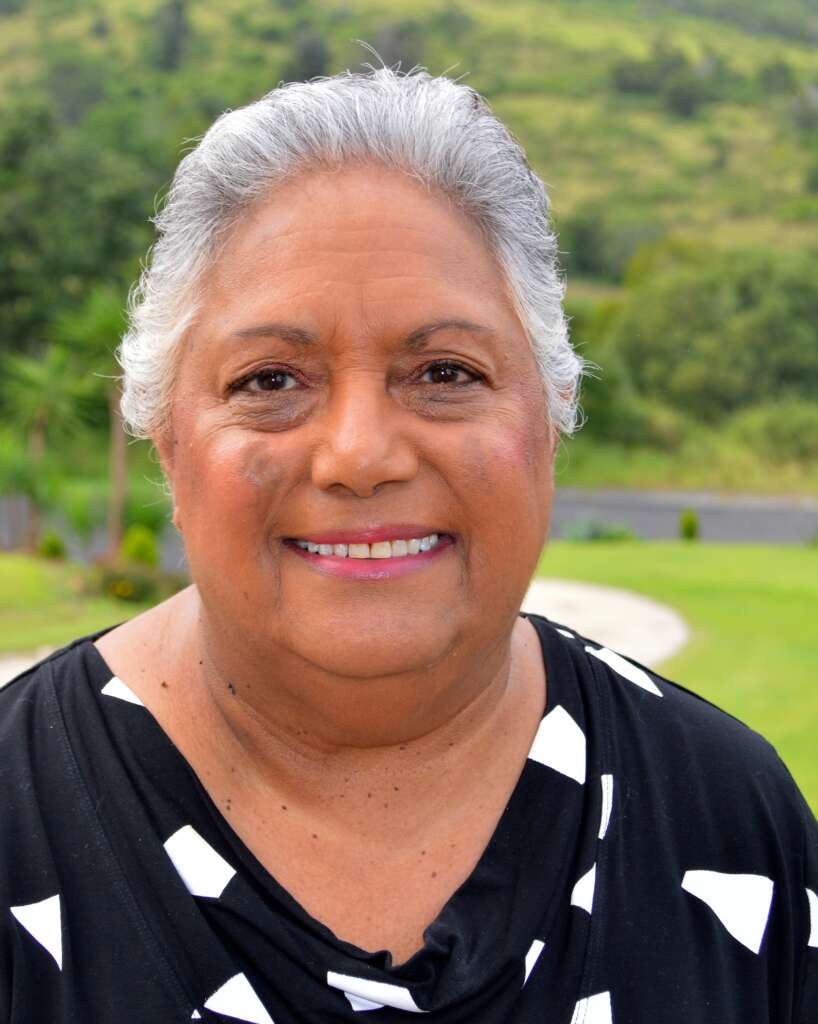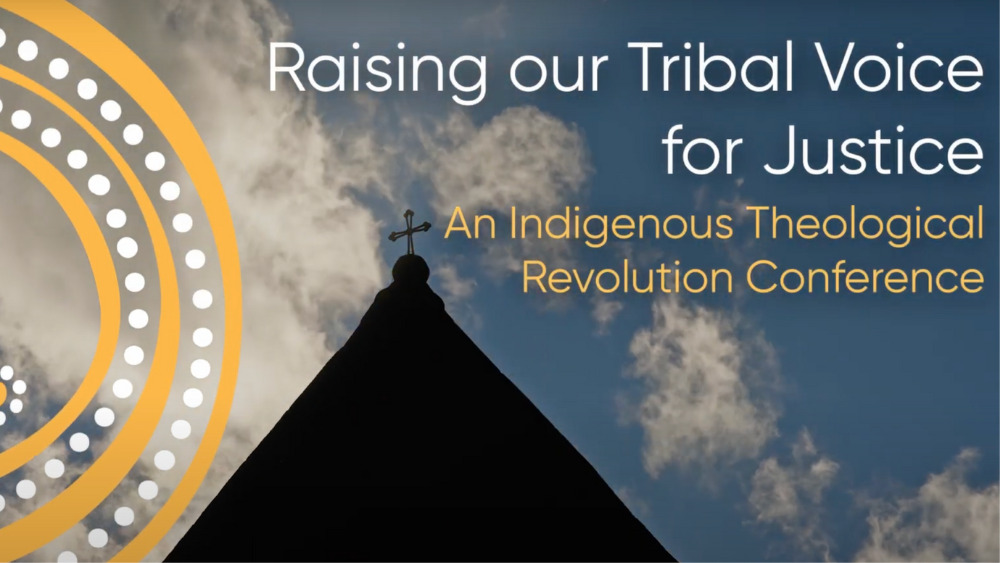When Anne Pattel-Gray’s high school teacher asked what she wanted to do when she graduated, Anne said she wanted to go to university.
The response from her teacher and fellow students was laughter.
As the only Aboriginal student in the class, Anne recalls being mocked and told, “You know black people only work with their hands. That’ll never happen.” But for Anne, this derision only lit a fire that propelled her to fulfil this dream.
Years later, after studying theology at four universities, while enduring much racism, Anne became the first Indigenous person to gain a PhD from Sydney University.
She celebrated this moment with her mum – a “staunch Christian woman” who inspired Anne’s faith and her love of education. Her mum had only been allowed to attend school until third grade (under the Queensland Aborigines Protection Act) and so had taught herself how to read, as well as English language conventions.
“She saw being educated as opening many doors. It provided us with the equality in which to be able to take our place within society and have the best of both worlds – both the cultural knowledge as well as the mainstream knowledge,” Anne told Eternity.

Professor Anne Pattel-Gray
Anne’s roots are in Central Queensland, as part of the Bidjara people. Having been raised in the Methodist Church, Christianity and Aboriginality always fit together for Anne.
“One doesn’t really conflict with the other,” she explains. “Colonisation is the conflicting element, not the faith or the belief. When we begin to understand that, more so for our people, we can begin to understand how Christianity was used as a tool of oppression through colonisation. So therefore, the teaching that we received was a method to an end – it wasn’t the true faith.”
Anne acknowledges that “a lot of my brothers and sisters ended up leaving the church because they just couldn’t reconcile the racial hatred that emanated within the practice of the church. Although they preached ‘love thy neighbour’, the Good Samaritan and all of these biblical stories, yet their behaviour contradicted [this teaching] vastly.”
Yet for her, “it just made me stronger to want to challenge that teaching.” Anne felt driven to help her people by bringing “a new narrative” to Christianity – “one that expresses God’s love and unity – a Christology that calls us to action and to justice.”
Alongside this aim is her desire to “help non-Indigenous people find within themselves a transformation where they can love our people as well.”
“This is history in the making because there has never been a national Indigenous theological conference in this country.” – Anne Pattel-Gray
Now, as head of the University of Divinity’s School of Indigenous Studies, Anne’s purpose has been realised.
Launched in 2021, the school has a mission to “encourage the development of Aboriginal and Torres Strait Islander theologies and ministries” and to school students in an “authentic Indigenous theology” rather than “a colonial theology”.
This summer will mark a milestone for the school and the nation when it hosts the first national conference for Indigenous theologians at the University of Divinity’s Box Hill campus in Melbourne. The conference – titled ‘Raising our Tribal Voice for Justice: An Indigenous Theological Revolution’ – will draw theologians from Australia, New Zealand, the Pacific, and beyond.
“This is history in the making because there has never been a national Indigenous theological conference in this country,” Anne tells Eternity.
Over four days, from 5-8 February 2024, Indigenous theologians will present papers that challenge churches across denominations to address the injustice, inequality and historical failings of the church “to protect, nourish and benefit from Indigenous peoples and their knowledges.”
The conference is also an opportunity for non-Indigenous peoples to gain an understanding of Indigenous perspectives on how they can walk alongside and work with First Nations people and communities.
“First Nations people are excited because we’ve not had something like this where academic scholarship is upheld and appreciated, and where our people can come and engage in theological conversation around our indigeneity, how to indigenise our faith and embrace cultural knowledge,” says Anne.
You can find more information on the School of Indigenous Studies website and on the Raising our Tribal Voice for Justice event page. Please note that numbers for the conference are limited, so registrations will sell out quickly.
Email This Story
Why not send this to a friend?


